After banning takeout cups in Korean coffee shops, it was revealed that "mugs are as dirty as toilets."
Professional coffee knowledge exchange more coffee bean information please follow the coffee workshop (Wechat official account cafe_style)
We all know that plastic is difficult to decompose, can cause damage to the environment, and has a better chance to affect animal and human health. With the rising awareness of environmental protection, various localities have launched plastic reduction actions to contribute to the environment. Last year, South Korean coffee shops joined the ranks of plastic reduction, in response to the government's environmental protection policy, giving priority to providing mugs for diners. The government has even extended the reduction campaign to coffee shops across the country, stipulating that customers who use takeout cups are not allowed to enjoy drinks in the shops!

Coffee shops and fast food restaurants give priority to providing mugs in response to environmental protection.
Walking on the streets of South Korea, it is not difficult to find that Koreans like to drink coffee while walking, which consumes a large number of takeout cups and virtually causes a plastic disaster.

Koreans like to drink cold drinks, and they are often seen walking with takeout coffee.
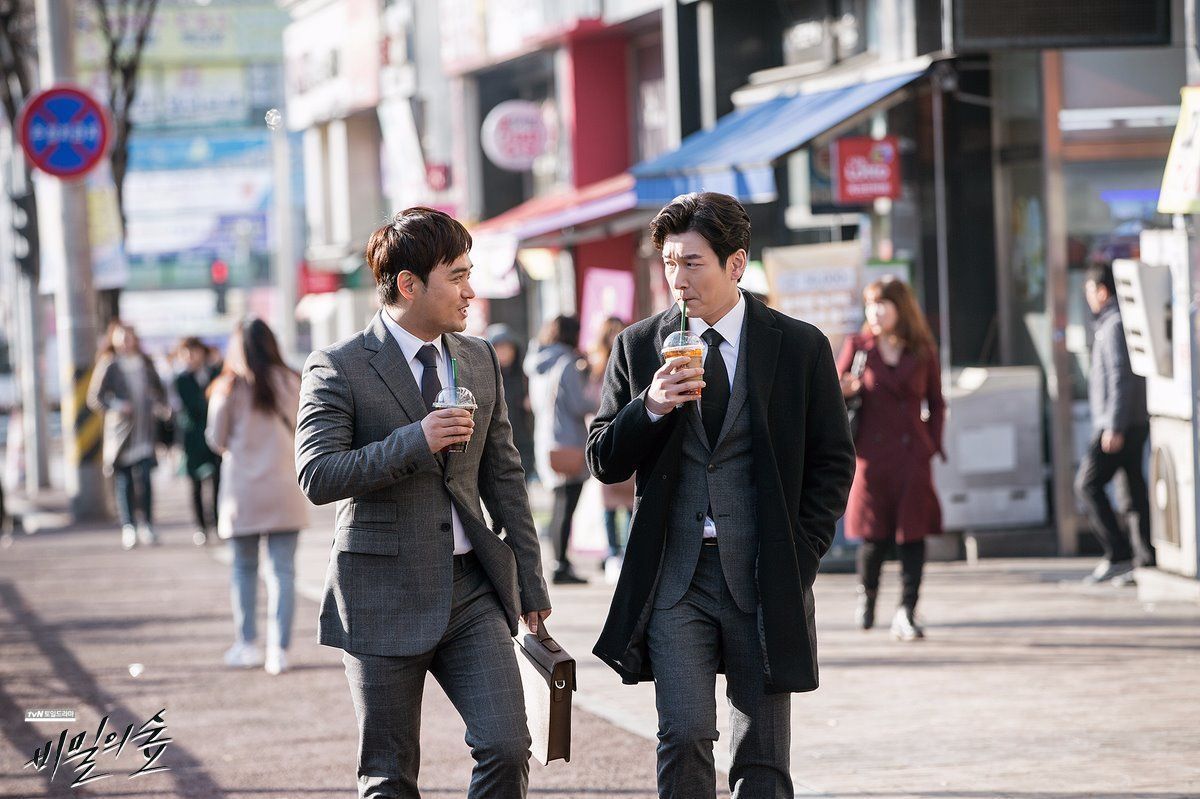
You won't change this habit even in the cold winter.
In order to reduce the number of disposable plastic cups, the government has signed voluntary agreements with 21 coffee shops and 21 fast food restaurants to give priority to providing mugs in the shops rather than providing takeout cups directly to guests.
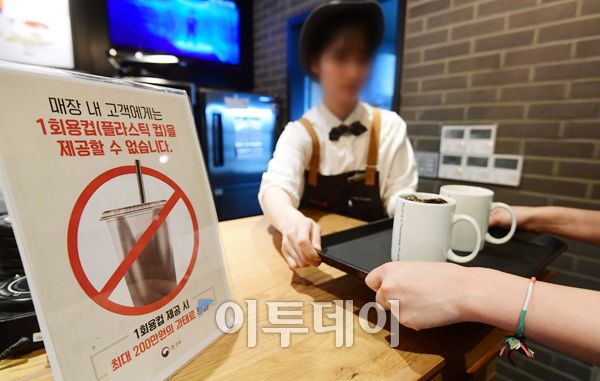
After the implementation of the new plastic reduction policy in South Korea, the government hopes to reduce the use of plastic cups by more than 30% by 2022.
Starting from August 6, 2018, the South Korean government has introduced plastic reduction measures for coffee shops, eating in coffee shops, will no longer provide takeout cups, but use takeout cups to eat in the shop, have the opportunity to be invited out by the clerk. A coffee shop may face a fine of up to 2 million won if it is found to provide takeout cups to diners.
However, recently, South Korean JTBC TV station "news room" conducted a field survey on coffee shop mugs.

Since August last year, South Korea has banned the use of disposable beverage cups in coffee shops. As a result, coffee shops are switching to glasses or plastic cups that can be used many times.
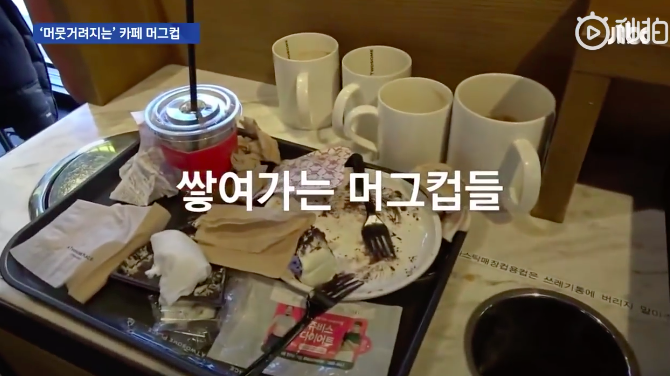
So, what is the sanitary condition of the cup? The results are shocking. The reporter measured the contaminated number of mugs actually used in coffee shops, and the result was 5740. Almost as dirty as an uncleaned toilet (contaminated 6097)!

The reporter used this method to test 10 coffee shops in a dense street of a coffee shop in Seoul. Among them, the value of 8 restaurants exceeded the hygienic standard value of 400 for tableware.
Kim Ki-fan, director of the Korea Green Food Safety Research Institute, said, "it can be seen that the tableware is not sanitary because it is not properly cleaned." It should be that there is too much turnover, so the shop does not have time for disinfection and sterilization. "
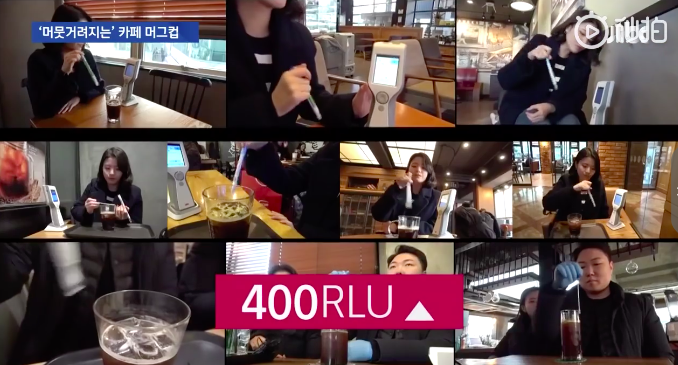
Not only that, the water cup in the coffee shop also exceeded the hygienic standard. It is obvious that the coffee shop did not thoroughly manage these cutlery.
In South Korea, the streets are covered with all kinds of coffee shops, so Koreans like to choose coffee shops with atmosphere and style to talk about work, talk about things, date and so on. As a result, the Korean coffee industry is very competitive, from decoration style to taste, every coffee shop is racking its brains, hoping to attract more customers. However, in order to occupy the market, more and more coffee shops begin to pay attention only to price and sales strategy, gradually ignoring the quality, taste, and even cup hygiene of coffee.
Seeing the results of this hygiene survey really made the editor shudder. After all, the coffee shop is one of the most frequent places for editors. Businesses choose non-disposable products for the sake of environmental protection, and the editor is also in favor of raising both hands and feet, but if the hygiene condition is not strengthened, the loss outweighs the gain in order to solve the health problems brought about by environmental protection.
Some pictures and sources: @ struggle in Korea
END
Important Notice :
前街咖啡 FrontStreet Coffee has moved to new addredd:
FrontStreet Coffee Address: 315,Donghua East Road,GuangZhou
Tel:020 38364473
- Prev
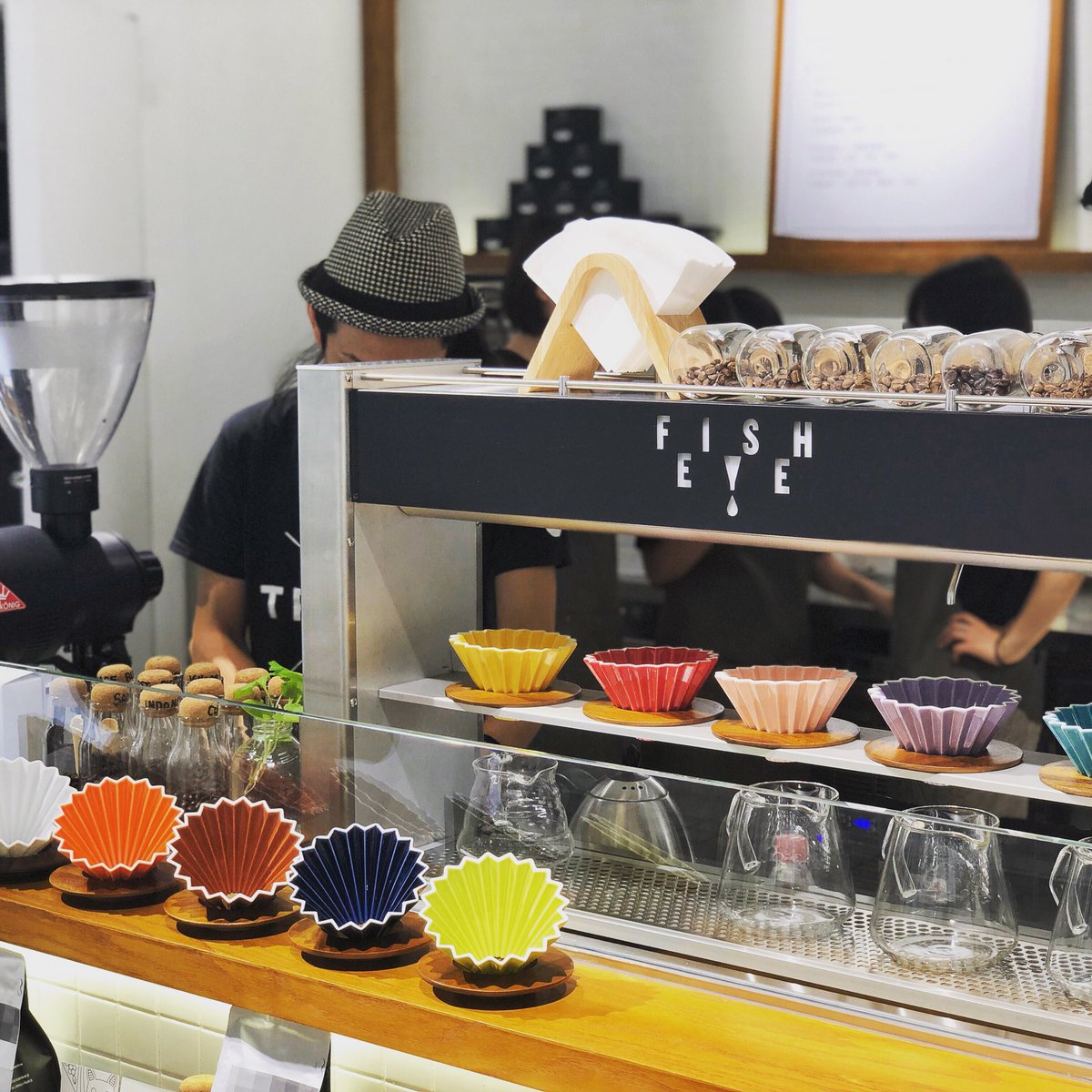
Boutique coffee is hot! "FISHEYE fisheye Coffee" received tens of millions of yuan A round financing
Professional coffee knowledge exchange more coffee bean information please follow coffee workshop (Wechat official account cafe_style) FISHEYE fisheye Coffee recently announced the completion of tens of millions of yuan A round of financing, this round of financing will be used to further expand stores, enhance products and user experience. FISHEYE fisheye coffee FISHEYE fisheye coffee was founded in 2010, is the first in China to focus on high
- Next
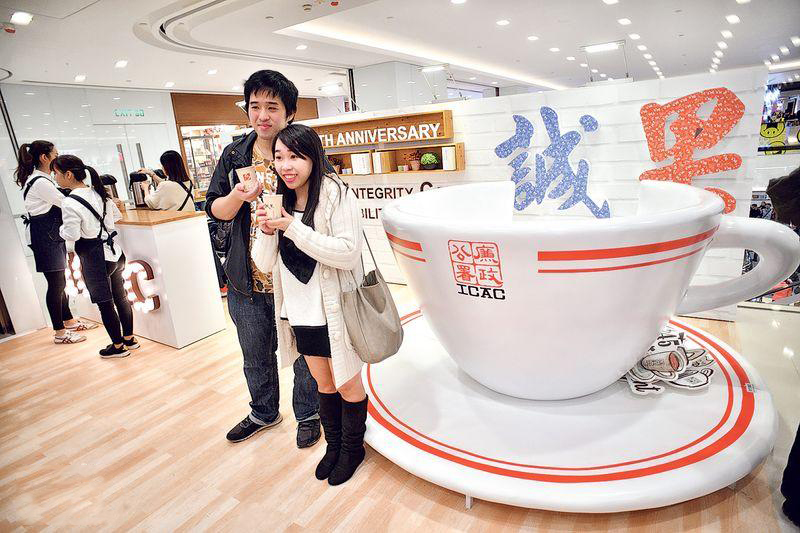
The most classic coffee in Hong Kong drama, ICAC invites you to drink coffee for free!
Professional coffee knowledge exchange More coffee bean information Please pay attention to coffee workshop (Weixin Official Accounts cafe_style) In Hong Kong, a cup of coffee often appears in TV series, which makes many villains change color. This cup of coffee comes from ICAC. Whenever ICAC Commissioner takes out his staff card and says he wants to invite you back for a cup of coffee, it often represents the days of villains.
Related
- Can lightly roasted coffee beans be used to extract espresso? How finely should you grind high-quality coffee beans to make Italian latte?
- What is the difference between the world's top rose summer coffee and Yejia Shefi? What are the flavor characteristics of Yega Shefi coffee and Panama rose summer?
- The ceremony is full! Starbucks starts to cut the ribbon at a complimentary coffee station?!
- A whole Michelin meal?! Lucky launches the new "Small Butter Apple Crispy Latte"
- Three tips for adjusting espresso on rainy days! Quickly find the right water temperature, powder, and grinding ratio for espresso!
- How much hot water does it take to brew hanging ear coffee? How does it taste best? Can hot water from the water dispenser be used to make ear drip coffee?
- What grade does Jamaica Blue Mountain No. 1 coffee belong to and how to drink it better? What is the highest grade of Blue Mountain coffee for coffee aristocrats?
- What are the flavor characteristics of the world-famous coffee Blue Mountain No. 1 Golden Mantelin? What are the characteristics of deep-roasted bitter coffee?
- Can I make coffee a second time in an Italian hand-brewed mocha pot? Why can't coffee be brewed several times like tea leaves?
- Hand-brewed coffee flows with a knife and a tornado. How to brew it? What is the proportion of grinding water and water temperature divided into?

